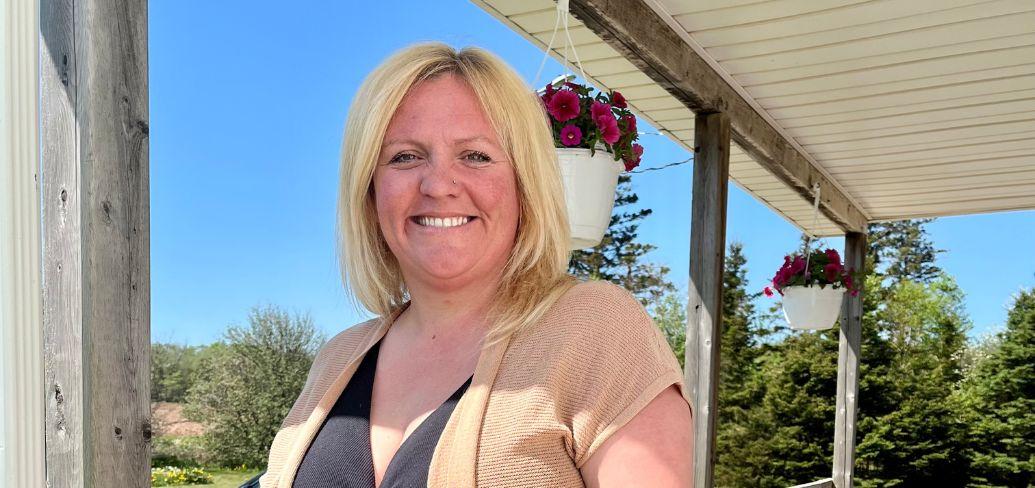Not just a house: creating a home and opportunities for youth in care

There is a badminton net in the front yard and a garden in the back. A list of chores hangs on the fridge. Sunlight streams in through the windows and the floor creaks in some places as you walk on it. There are award ribbons pinned to the wall in one of the bedrooms, drawings taped up in others.
“It very much has a home feel to it, which is what we’re striving for, “says Katie Cowie, the Supervisor at one of eight group homes operated by Child and Family Services across the province.
It is the smallest group home Cowie has worked in; currently there are four youth living here, all between the ages of 12 and 16. Though the house is clean and tidy, the evidence of teenagers can be seen in an unmade bed here, a pile of clothes left on the bedroom floor there, or in the popular YA books neatly ordered on a bookshelf.
“For the youth, knowing that they have somewhere safe and secure to come home to every night makes a huge difference in how they’re going to get through their day-to-day,” Cowie says.
There is one more bedroom available at this home, meaning a maximum of five youth could live here at any time. The home’s team of Child and Youth Care Workers have become a familiar presence to the youth.
That consistency is important, says Cowie. “Most of these kids have been bumped around, and inconsistency never bodes well for any child,” she says. But here, “they get to know the staff, they know what to expect from them. One of the biggest challenges for these kids is developing healthy, trusting relationships. So having the same faces in here all the time, supporting them, kind of going through life with them, is important for their development.”
Cowie has always enjoyed working with youth. In fact, she planned to become a high school teacher – but quickly discovered that career path wasn’t for her. It was a former high school coach who put her on this path: he suggested she look into becoming a youth worker after observing how good she was with youth who were struggling.
She never looked back and even now, after many years in this career, she still feels the rewards of the work deeply.
“It’s the small victories – like birthday parties,” she says. “Kids come to the group home who have never had a birthday party. Well guess what? We’re going to have a birthday party! Giving them little pieces of what a “typical” childhood would be like, so that they have those core memories to take with them, is so rewarding.”
And it is the small, everyday things like taking the kids to sports practices, encouraging them to join clubs, asking them to help prepare dinner, teaching them how to do laundry, that helps to create a home-like environment and gives the kids an opportunity, Cowie says, to not be identified as “the kids from the group home.”
She says the biggest misconception people have about group homes is that all the kids are bad kids. A whole range of circumstances bring children into care, and none of them are easy for the children.
“I don’t think that a lot of people understand that one of the intentions of a group home is to actually try to help the kids work through some of the things that they’ve experienced, and to teach them the skills to be able to live a healthy, successful life,” Cowie says.
She hopes the work she and her team are doing will help to shift perspectives and challenge biases about group homes and the youth who live in them.
“Even if we can’t change outside perceptions,” Cowie says, “at least knowing we are helping to create opportunities for these youth who may not have had them otherwise, feels pretty cool.
“It’s seeing those little strides, like watching them overcome challenges at school and come home with an 87% grade on a project, or seeing them settle in here and feel okay to actually be themselves.”